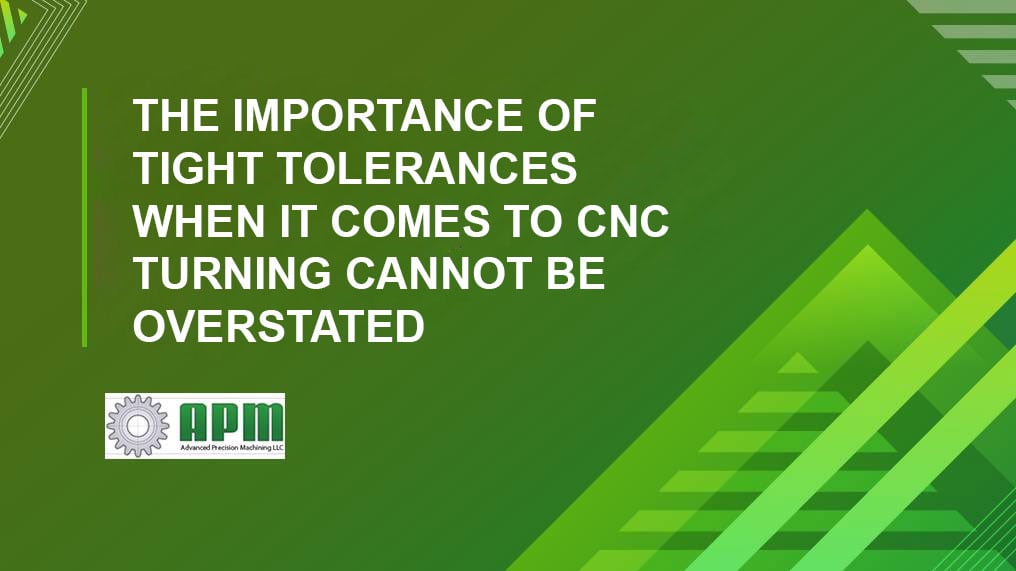According to the American Welding Society, 336,000 new welding professionals will be needed by 2026, and roughly only 84,000 of those jobs will be filled by 2025. This is great news for welders, as they won’t have to look far to find a job. What about those on the other side of the equation, though? Consider, for example, the companies that rely on their skilled labor. How can they bridge the labor gap?
Enter the robotic welding revolution. Advancements in automation have made robotic welding technology more productive, efficient, and safe. But how does it compare to humans? Let’s take a look.
Human Potential vs. Robotic Precision
No one can deny the sheer artistry that talented welders possess. The art form, stretching back 3,000 years, has given us samurai swords, breathtaking jewelry, and everyday silverware. Where would we be without our human welders?
There are so many benefits to automating welding-related tasks, however, that machines, while lacking artistic finesse, should not be overlooked.
Speed and Efficiency
An experienced human welder can maintain a welding speed of 18” to 20” per minute. Robotic welding machines, on the other hand, can operate at approximately 35” per minute. Based on these metrics alone, shops can become more efficient overnight. This is particularly beneficial for meeting the high-volume production demands of industries like automotive, aerospace, and construction.
It’s also worth noting that robots can essentially operate 24/7, drastically reducing production times and meeting tighter schedules. That means for companies seeking to optimize their production costs, turning to a shop equipped with robotic welding solutions is not just a step toward efficiency; it’s a strategic move toward substantial savings in production costs.
With the ability to deliver high-quality welds at unmatched speeds, robotic welding solutions emerge as the cost-effective choice for those aiming to stay competitive in today’s dynamic market.
Precision and Consistency
Human welders inevitably grow tired and lose focus. This can lead to potential inconsistencies in the quality of their work. Robotic welding, on the other hand, boasts a position repeatability accuracy of ±0.04 mm. The beauty of robotics is that once the machine has been set up, it can produce consistent, quality welds indefinitely. In other words, investing in robotic welding solutions ensures not only superior quality but also long-term reliability.
Embracing automation in welding operations underscores a company’s commitment to achieving and maintaining the highest standards of craftsmanship, ultimately positioning them for sustained success in their respective industry.
Workplace Safety
Prioritizing workplace safety is paramount in any industry, and welding is no exception. By embracing automation in welding processes, the inherent risks associated with manual labor are significantly reduced. This not only minimizes the risk of workplace injuries but also mitigates the potential for long-term health effects on welders.
For companies seeking welding services, partnering with shops equipped with robotic welding solutions not only ensures high-quality results but also provides peace of mind knowing that safety is prioritized. Moreover, the savings accrued from fewer workers’ compensation claims and reduced downtime can be passed on to customers, making automated welding solutions not just a prudent choice for safety but also a financially sound investment in the long run.
Bridging the Labor Gap
In addition to the consistent results provided by advanced robotic welding solutions—enhancing productivity, streamlining mass production, and fostering a safer work environment—there’s the pressing issue of a shortage of skilled welders. As the baby boomer generation retires, the demand for skilled welders continues to outpace the available workforce, creating a significant labor gap within the industry. Companies that rely on welding services face challenges in finding qualified personnel to meet their production needs, leading to potential delays and increased costs.
With the integration of robotic welding solutions, businesses can mitigate the impact of the labor shortage by reducing their dependence on human labor while simultaneously increasing efficiency and output. By embracing automation, companies not only address immediate workforce challenges but also future-proof their operations against the uncertainties of the labor market, ensuring sustained competitiveness and profitability.
Transitioning the Workforce for a Robotic Future
The future of welding has arrived, offering unprecedented speed, precision, and consistency. If you’re wondering how welding robot companies can transform your manufacturing process, look no further than Advanced Precision Machining. Together, we can pave the way toward a safer and more efficient manufacturing landscape with our cutting-edge robotic welding solutions. Contact us today to discuss your welding needs.










